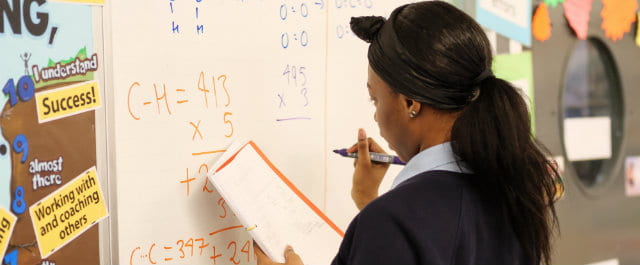Is wellbeing among teachers in England lower than in the rest of the UK?
By Blog Editor, IOE Digital, on 16 March 2020
16 March 2020
By John Jerrim
The latest set of results from the TALIS 2018 study are about to come out. These will, among other things, present new evidence on how teachers’ mental health and stress levels compare across more than 40 countries.
While England takes part in TALIS, the rest of the UK does not. This is unfortunate, as it is becoming increasingly difficult to compare education systems across different parts of the UK, despite these comparisons sometimes being the most interesting.
This prompts the question – how exactly does the wellbeing of teachers vary across England, Scotland, Northern Ireland and Wales?
 Close
Close



